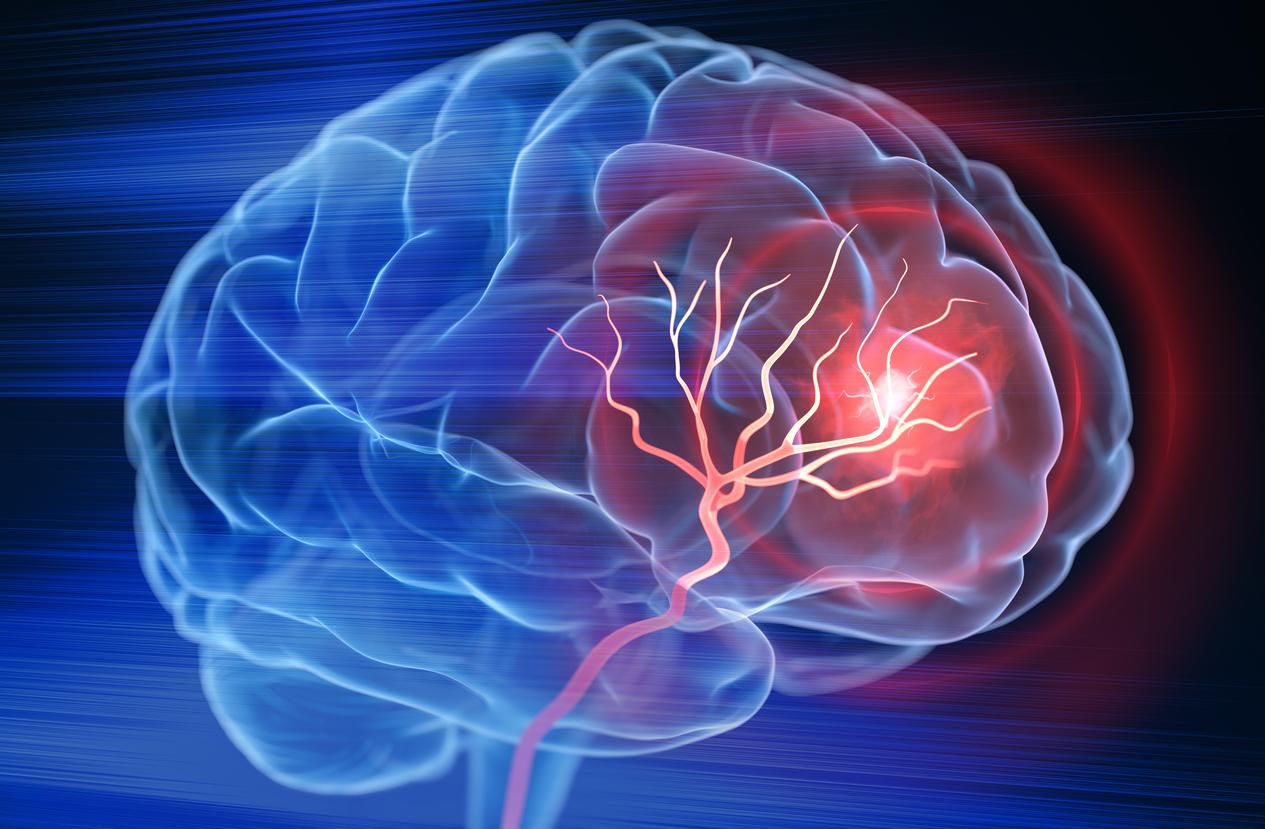A blood test that reveals brain health was able to predict stroke risk in patients with atrial fibrillation, a study found.

- Researchers have found that a simple blood test that reflects brain health can predict which people are most at risk of having a stroke.
- They analyzed neurofilament, a protein released by the brain in cases of lack of oxygen in particular, in blood samples from more than 3,000 people with atrial fibrillation, a common cause of stroke.
- It turned out that patients with the highest levels of neurofilament in their blood were at greater risk of having a stroke. Specifically, the quartile of people with the highest levels of this biomarker were three times more likely to have a stroke than the quartile with the lowest levels.
“Blood tests are used daily in health care to assess the functioning of our organs such as the heart, kidneys and liver, but there is no established blood test to assess the state of the brain in relation to cardiovascular disease.”
But a discovery by a team of researchers from Uppsala University in Sweden could be a game-changer: they have shown that a simple blood test reflecting brain health can predict which people are most at risk of having a stroke. Their work has been published in the journal Traffic.
Increased risk of stroke in patients with high levels of neurofilament in the blood
This screening could, according to a press releaseallow “more individualized treatment of patients with atrial fibrillation”a common heart rhythm disorder that affects around 200,000 people in France. Atrial fibrillation is a common cause of stroke, since the arrhythmia increases the risk of blood clots forming in the atria. Many patients who suffer from it therefore receive anticoagulant treatment to prevent strokes, but since this treatment carries a risk of hemorrhage, only patients with a moderate or high risk of stroke can benefit from it. It is therefore crucial to be able to identify them more effectively.
With this in mind, the researchers analyzed the substance called neurofilament, a protein released by the brain in the event of a lack of oxygen in particular, in blood samples from more than 3,000 people with atrial fibrillation. After an 18-month follow-up period, it appeared that patients with the highest levels of neurofilament in their blood had a greater risk of suffering a stroke. In detail, the quartile of people with the highest levels of this biomarker were three times more at risk than the quartile with the lowest levels.
“Because stroke risk determines what type of treatment is appropriate, this may help increase accuracy in treatment selection.”explains cardiologist Julia Aulin, who led the research.

A blood test at your doctor’s office to assess brain health
When the scientists combined the neurofilament with regular heart blood samples from the same people, it further increased the ability to predict strokes. “Since atrial fibrillation affects both the heart and the brain, it makes sense that accuracy would improve when both are assessed.”they emphasize.
“The results are likely to be applicable to other groups of patients with cardiovascular disorders, although this remains to be demonstrated. Our hope is that it will eventually be possible to assess brain health with a simple blood test at your GP’s office.”the authors conclude.

















